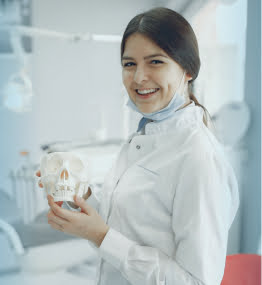In Turkey, a check-up typically includes a comprehensive examination by a general practitioner or specialist, as well as various tests and screenings to assess your overall health. The specific components of a check-up can vary depending on factors such as your age, gender, medical history, and any existing health concerns. However, common elements of a check-up may include:


- Physical examination
- Blood pressure measurement
- Complete blood count (CBC)
- Lipid profile (cholesterol and triglycerides)
- Blood glucose test
- Liver and kidney function tests
- Urinalysis
- Electrocardiogram (ECG)
- Chest X-ray
- Vision and hearing tests
- Cancer screenings (such as for breast, cervical, or prostate cancer)
- Immunizations and vaccinations
The duration of a check-up can vary depending on the specific tests and procedures involved, but it typically takes a day or two to complete all the necessary appointments and tests.
3 reasons why regular health check-up is important
- Early detection of health problems: Regular check-ups can help identify potential health issues before they become more serious, allowing for early intervention and treatment.
- Prevention: Check-ups often include screenings and counseling for healthy lifestyle behaviors, which can help prevent the development of certain diseases and conditions.
- Monitoring chronic conditions: For individuals with chronic health conditions, regular check-ups are important for monitoring the condition and ensuring that treatment plans are effective.
How much does a medical check up cost in Turkey?
The cost of a check-up can vary depending on the specific tests and services included, the healthcare provider or facility, and whether you have health insurance coverage. Generally, the cost of a check-up in Turkey can range from affordable to more expensive, depending on the level of care and the types of tests conducted.
As for why you should consider a check-up with me, I can provide personalized information and guidance based on your specific health concerns and questions. I can help you understand the significance of different tests and screenings, and provide insights into maintaining a healthy lifestyle. However, it’s important to note that while I can offer general information and guidance, I am not a substitute for professional medical advice. Always consult with a qualified healthcare provider for personalized medical recommendations.

